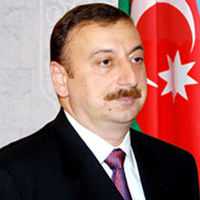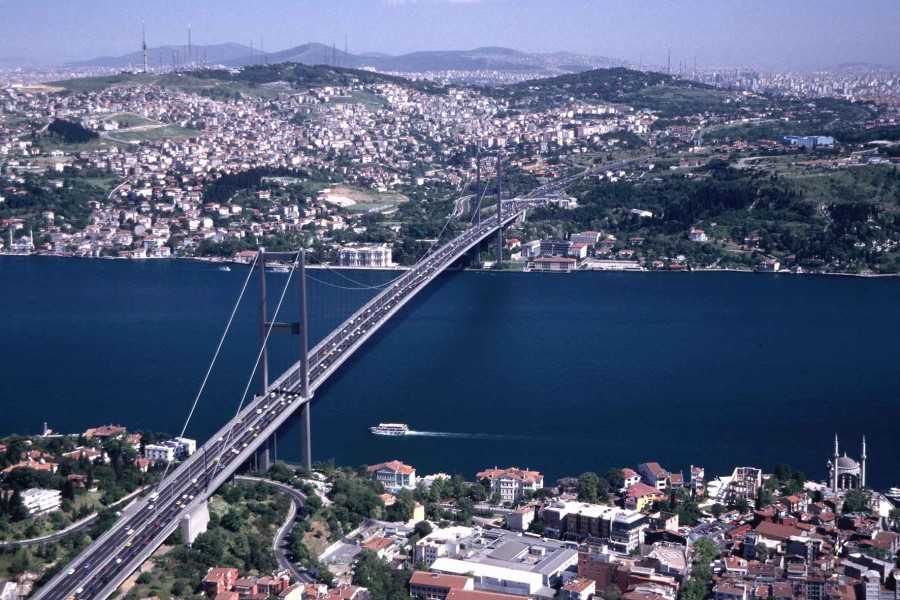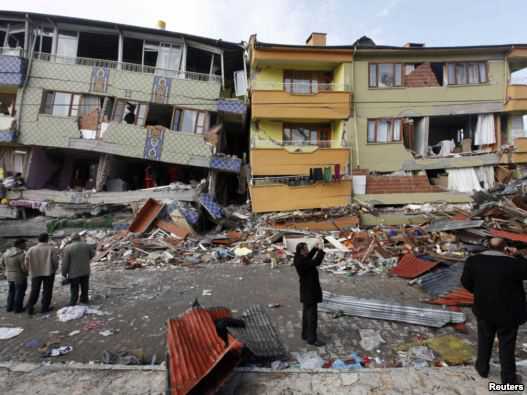By Shahbaz Rana
Published: October 28, 2011
Pakistan is now left with the choice of either aligning themselves more closely with China, or preferring to work with the New Silk Roads
ISLAMABAD:
As key world and regional players gear up to meet in Istanbul to push forward a Washington-backed regional integration plan for an ‘economically stable Afghanistan’, Pakistan stands at a crossroads. The question Islamabad is grappling with is whether it’s time to become a partner, or whether it should maintain its historical position – keep India away from resource-rich Central Asia.
As part of a broader economic integration strategy, Washington is selling the “New Silk Roads” concept- a network of roads and rails to connect Far East Asia and South Asia with Central Asia and then the West.
Leaders from 12 nations are to meet in Istanbul on November 2 with the stated objective of persuading regional players to commit to a stable and independent Afghanistan and to discuss regional economic cooperation. Afghanistan, Pakistan, India, Iran, Turkmenistan, Tajikistan, Kyrgyzstan, Saudi Arabia, Turkey, UAE, USA and United Kingdom are to attend.
Political pundits have termed the Istanbul Conference a prelude to the Bonn Conference, where delegations from 90 countries are expected to formulate a practical roadmap for 2014 – the year the US has said it will withdraw troops from Afghanistan.
Defence, economic and geostrategic experts say the broader objective of the strategy is to consolidate gains made in Afghanistan and strengthen the US grip on Central Asian resources to be used either by Americans or preferred partners like India. One of the objectives is to create hurdles in energy-hungry China’s bid to get unrestricted access to Central Asian resources, they add. Pakistan is now left with the choice of either aligning themselves more closely with China, or preferring to work with the New Silk Roads as the dichotomy grows stronger.
According to the United States Institute of Peace, a Congress-funded think tank, there are hopes that the New Silk Roads concept of an integrated trade and transportation network through Afghanistan can bring regional players and interlocutors together and attract new sources of investment.
Long time coming
A senior government functionary said that the US has been working on the proposal for a longer time. He said that the reorganisation of the US State Department in 2004 when it merged its Central Asia and South Asia desks was an important step towards this direction. Robin Raphael, former US ambassador to Pakistan on civilian assistance, has been assigned the New Silk Roads project.
Pakistan’s options
“Americans want to consolidate gains in Afghanistan whether Pakistan readily becomes partner to the new concept or not,” said Tanvir Ahmed Khan, former secretary of foreign affairs. On the other hand, Washington will be displeased if Pakistan refuses to give India access to Afghanistan, fearing the possibility of an alternative India-Iran nexus, envisaged by New Delhi as the “North silk route”. Khan maintains that it would be in Pakistan’s interest to become partner in any regional arrangement, better sooner than later.
A senior official of the foreign office, however, took a cautious line on whether Islamabad would support the initiative. Without commenting on the New Silk Roads, the official said: “Regional connectivity is a centuries-old concept and Pakistan would appreciate any effort towards that objective”.
Another official said that Pakistan wanted a greater role in economic development of Afghanistan, and did not want caught in the uncomfortable position of being isolated while sandwiched between India and Afghanistan.
But for the US, he added, the New Silk Roads is an integral part of a three-pronged strategy designed to exit and integrate post-US Afghanistan with the rest of the region. Keeping this in mind, Pakistan will have to mend its ways and make up its mind in the next two years, he said.
Former foreign minister Shah Mahmood Qureshi also spoke on the matter hesitantly, saying “Pakistan will have to see both the advantages and disadvantages of becoming a partner in the New Silk Roads concept,” he added.
Pros and cons
The obvious advantage is that regional economic integration would bring economic benefits – but then, there’s the issue of Indian involvement and New Delhi’s subsequent access to Central Asia, he added. Qureshi said that the Afghanistan Pakistan Transit Trade Agreement was signed on the condition of excluding India from the treaty. However, Tanvir Khan said Pakistan will ultimately have to give India access. He was of the view that eventually, even China will have to be taken on board.
Published in The Express Tribune, October 28th, 2011.
via The Istanbul conference: Washington’s vision for the region – The Express Tribune.
 President of Azerbaijan Ilham Aliyev on Saturday made a telephone call to Turkish President Abdullah Gul, the press-service of Azerbaijani President reported.
President of Azerbaijan Ilham Aliyev on Saturday made a telephone call to Turkish President Abdullah Gul, the press-service of Azerbaijani President reported.




